With winter upon us, I find many of my home eye test clients complaining of dry eye symptoms. With the central heating on and the windows closed, the air in our homes can dry out which increases the problem. Our eyes can feel gritty and irritated. They can become red and feel tired or even blurry. Often it feels like something is in your eye, what is called a ‘foreign body sensation’.
A strange, but common symptom of dry eye is watery eyes. This is because the dryness causes more and more tears to be produced which spill over and don’t fix the underlying problem.
So, what is dry eye? Our eyes need a good layer of tears to help them keep healthy, comfortable and clear. But our tears aren’t just salt water. They also have an oily layer to help prevent the tears evaporating and to provide lubrication. If there is an imbalance in these components then dry eyes can occur.
As many as 1/3rd of people in the UK have dry eye. Is it serious? Well, it can be. If untreated and severe it can cause inflammation and damage to the surface of the eye. But there’s a lot we can do to help. The most important thing to do is to get your eyes checked by your optometrist. If the problem is dry eye, treatment will depend on which component of your tears is missing or inadequate. The most common treatment is lubricating eye drops.
But, as with most things, prevention is better than cure and here are some simple lifestyle changes that can help with this.
Stop smoking and stay away from smoky atmospheres. This is a major cause of dry eye along with a host of other serious eye diseases such as macular degeneration and cataracts.
Air your home. Indoor living and central heating decrease humidity and exacerbate dry eye.
Eat oily fish. Salmon, mackerel, tuna, sardines all contain omega 3 which helps improve our tear films.
Lid hygiene. Our eyes are self cleaning and regular eye washes are not recommended. But we can keep our eyelids clean and producing enough oily lubricants by gently massaging closed eyes with a warm, clean flannel every day.
